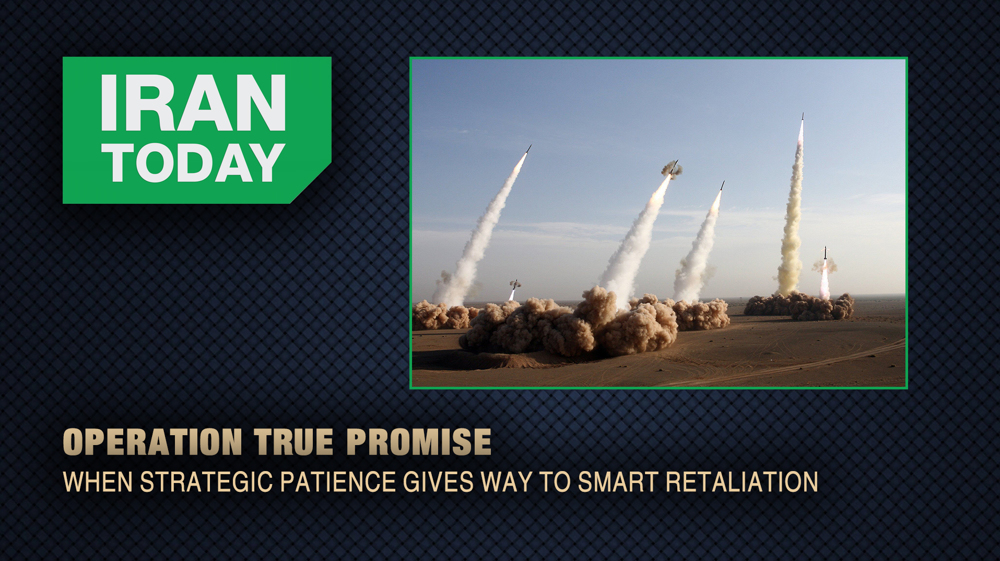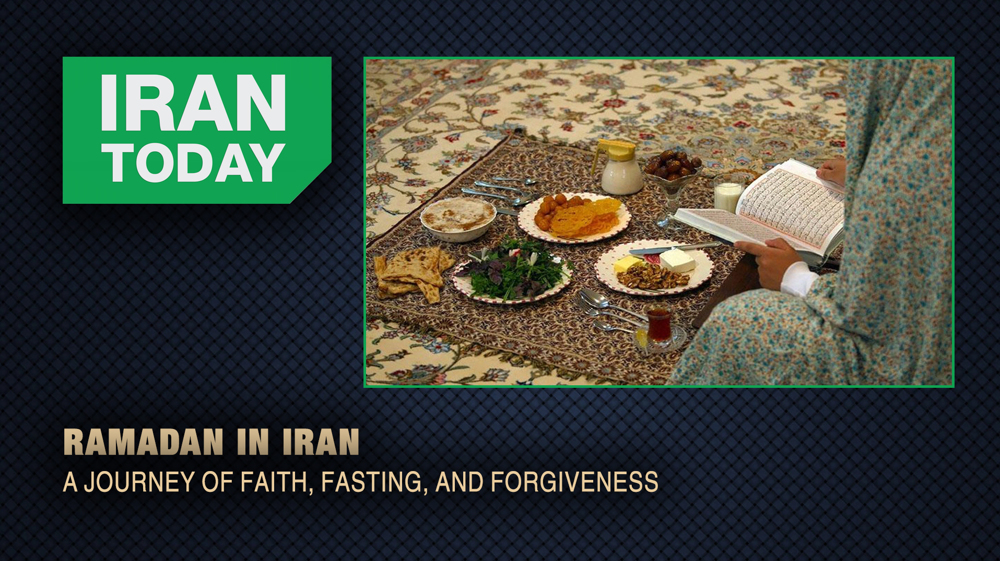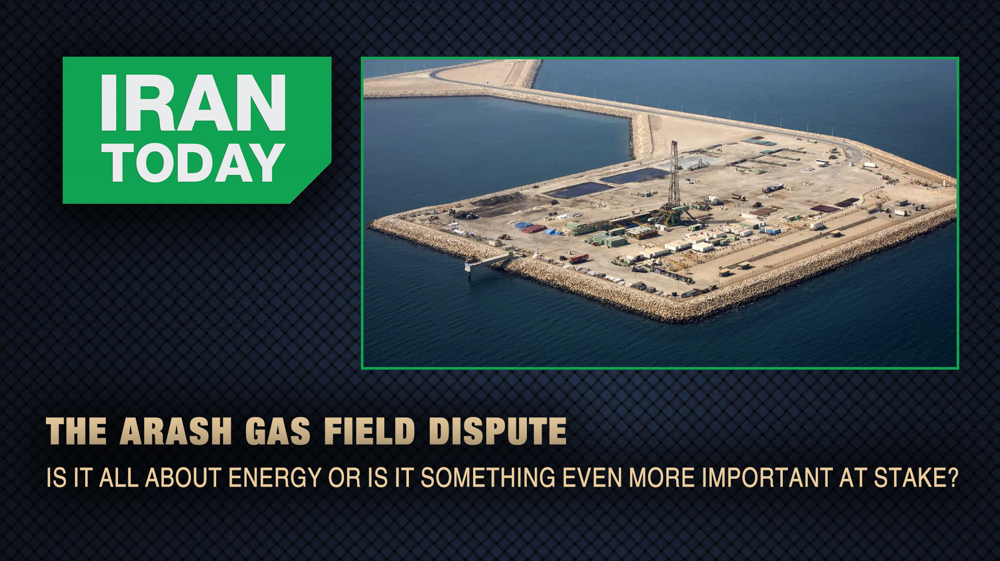For and against the JCPOA
The agreement that was reached between Iran and the P5+1 on July 14 has produced both proponents and opponents in the Islamic Republic as well as the six countries on the other end of the agreement.
While some Iranian politicians and civilians have perceived the agreement to be a national victory, others have dwelled on what could have been.
Two weeks after the agreement was concluded, US Secretary of State John Kerry along with Energy Secretary Ernest Moniz and Secretary of the Treasury Jack Lew testified before the Senate Foreign Relations Committee in an effort to gain support of a dubious Congress.
At the hearing before the Senate, Kerry faced tremendous heat by Republicans, who described the agreement as a fleece. Kerry defended the agreement by claiming it would be a fantasy to think the US failed to hold out for a better agreement at the bargaining table.
Meanwhile, following a suggestion by Iranian Parliament (Majlis) Speaker Ali Larijani, the Iranian legislature set up a special ad hoc committee comprising 15 lawmakers to review the agreement, which is dubbed the Joint Comprehensive Plan of Action (JCPOA).
In the JCPOA evaluation committee, one of the outspoken opponents, conservative politician Sa’eed Jalili, who is also a former chief negotiator for Iran, outwardly expressed his concerns with the agreement.
Several critics of the JCPOA argue that the possibility of the so-called snapback is high. The proponents, however, claim that Iran, too, has its own snapback mechanism, meaning that, if sanctions are put back in place by the P5+1, Iran could also return to its civilian nuclear activities on the scale that existed before the JCPOA was struck.
Many of the proponents of the agreement along with Iranian chief negotiator and Foreign Minister Mohammad Javad Zarif himself have argued that all things aside, the fact that, under the JCPOA, Iran will be removed from Chapter VII of the UN Charter is itself a victory.
Additionally, proponents argue that while it might take some time before enough businesses perceive Iran to be the treasure that it is, when they do, they will be quick to invest.
The truth of the matter, however, is that once foreign entities have invested in opening branches or businesses in Iran, they won’t be able to quickly end such activities, because to end the process would mean to lose a good sum of money.
Iran’s security chief in Russia to underline Israel’s aggression
VIDEO | Smoke rises from Gaza as fighting continues
ICRC decries escalating Israeli raids across occupied West Bank
Israel still prevents food convoys from reaching north of Gaza: UNRWA
NYPD arrests multitude of pro-Palestine students at NYU campus
Iran’s decisive response to Israel disrupted enemy’s equations: Hamas
Iran releases details of confiscated Israeli transit cargo
VIDEO | Press TV's news headlines









 This makes it easy to access the Press TV website
This makes it easy to access the Press TV website